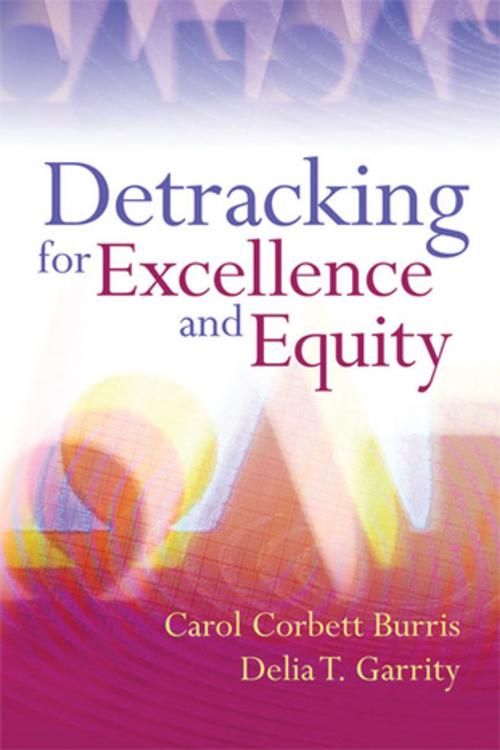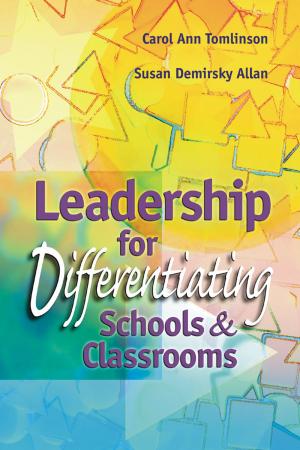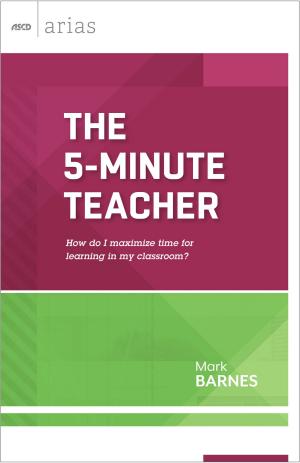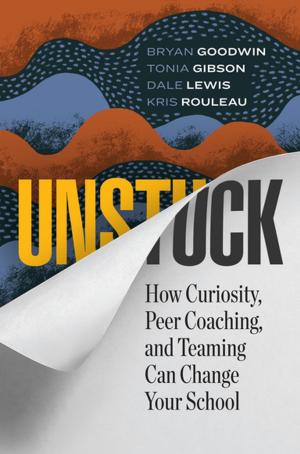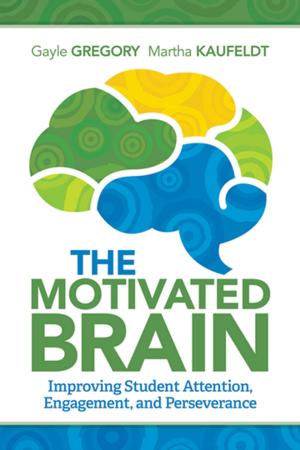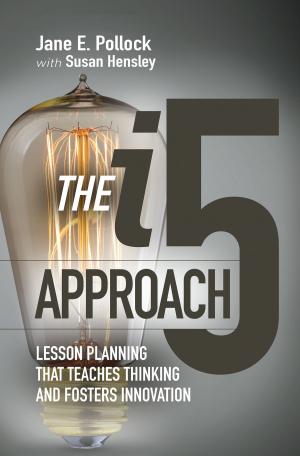Detracking for Excellence and Equity
Nonfiction, Reference & Language, Education & Teaching, Educational Theory, Multicultural Education| Author: | Carol Corbett Burris Corbett Burris, Delia T. Garrity | ISBN: | 9781416616634 |
| Publisher: | ASCD | Publication: | August 15, 2008 |
| Imprint: | ASCD | Language: | English |
| Author: | Carol Corbett Burris Corbett Burris, Delia T. Garrity |
| ISBN: | 9781416616634 |
| Publisher: | ASCD |
| Publication: | August 15, 2008 |
| Imprint: | ASCD |
| Language: | English |
Ability grouping. Leveling systems. Streaming. This is the modern way of talking about tracking -- the traditional practice of sorting and selecting students based on test scores and other criteria, and then steering these groups into “the most appropriate” course of study. In 1987, New York’s suburban Rockville Centre School District faced the fact that its longstanding tracking system was resulting in unequal educational opportunities and allowing racial and socioeconomic stratification of its student population. School leaders embarked on an ambitious program of reform: reexamining beliefs about intelligence, ability, and instruction, and offering all students the opportunity to study a rigorous curriculum in heterogeneous classrooms. In this book, authors Carol Corbett Burris and Delia T. Garrity, veterans of the Rockville Centre School District, offer an experience-based and research-supported argument that detracking—implemented with planning, patience, and persistence—can do in every school district what it did in theirs: raise achievement across the board and dramatically narrow the achievement gap. Their main goal is a practical one: to provide educational leaders with proven strategies for launching, sustaining, and monitoring a successful detracking reform. Here, you’ll read * Why detracking is necessary, the benefits it brings, and how to build support among teachers and parents * How to revise curriculum to “level-up” instruction * How to establish a multiyear, personalized professional development program to help teachers address new instructional needs * How to best support effective teaching and learning in a heterogeneous classroom Detracking for Excellence and Equity outlines a comprehensive approach built on self-reflection, direct action, vigilant supervision, and a set of very clear beliefs: that schools and opportunity matter; that acceleration and enrichment will improve all students’ achievement; and that all students deserve access to the best curriculum.
Ability grouping. Leveling systems. Streaming. This is the modern way of talking about tracking -- the traditional practice of sorting and selecting students based on test scores and other criteria, and then steering these groups into “the most appropriate” course of study. In 1987, New York’s suburban Rockville Centre School District faced the fact that its longstanding tracking system was resulting in unequal educational opportunities and allowing racial and socioeconomic stratification of its student population. School leaders embarked on an ambitious program of reform: reexamining beliefs about intelligence, ability, and instruction, and offering all students the opportunity to study a rigorous curriculum in heterogeneous classrooms. In this book, authors Carol Corbett Burris and Delia T. Garrity, veterans of the Rockville Centre School District, offer an experience-based and research-supported argument that detracking—implemented with planning, patience, and persistence—can do in every school district what it did in theirs: raise achievement across the board and dramatically narrow the achievement gap. Their main goal is a practical one: to provide educational leaders with proven strategies for launching, sustaining, and monitoring a successful detracking reform. Here, you’ll read * Why detracking is necessary, the benefits it brings, and how to build support among teachers and parents * How to revise curriculum to “level-up” instruction * How to establish a multiyear, personalized professional development program to help teachers address new instructional needs * How to best support effective teaching and learning in a heterogeneous classroom Detracking for Excellence and Equity outlines a comprehensive approach built on self-reflection, direct action, vigilant supervision, and a set of very clear beliefs: that schools and opportunity matter; that acceleration and enrichment will improve all students’ achievement; and that all students deserve access to the best curriculum.
